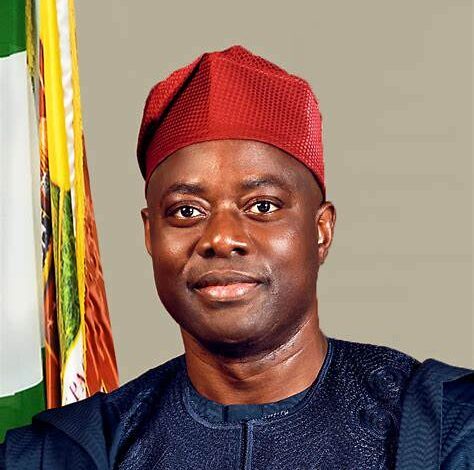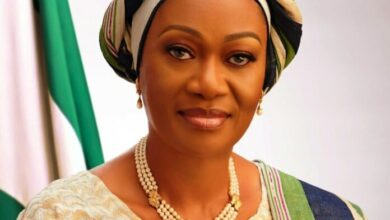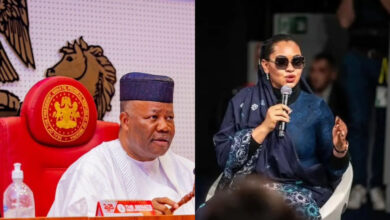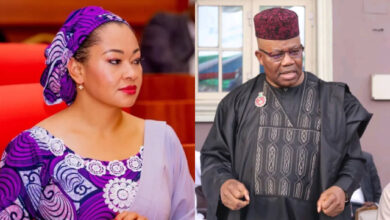Governors vs. Presidency: Seyi Makinde and 11 Others Set to Sue Tinubu Over Fubara’s Suspension

The political tension in Nigeria has reached a boiling point as Oyo State Governor, Seyi Makinde, has revealed that he, along with 11 other governors, has finalized plans to drag President Bola Ahmed Tinubu to court over the controversial suspension of Rivers State Governor, Siminalayi Fubara.
This development marks a bold challenge to presidential authority, as state governors rally together to resist what they see as an unconstitutional overreach by the federal government.

Why Are Governors Taking Tinubu to Court?
The decision to take legal action against Tinubu stems from the March 18 declaration of a state of emergency in Rivers State, which resulted in the six-month suspension of Governor Fubara, his deputy Ngozi Odu, and all state lawmakers. The move has been widely criticized as undemocratic and an abuse of power, with many arguing that the president lacks the constitutional authority to unilaterally remove an elected governor.
Governor Makinde, known for his independent stance, made it clear that he and other governors view this as a dangerous precedent that threatens the foundation of Nigeria’s democracy. He emphasized that the federal government cannot arbitrarily remove governors without due process and judicial backing.
Who Are the 11 Other Governors Joining the Legal Battle?
While Makinde did not name all the governors involved, sources suggest that the coalition consists of governors across party lines – both from the ruling All Progressives Congress (APC) and the opposition Peoples Democratic Party (PDP). This unexpected bipartisan alliance signals that the issue goes beyond party loyalty and is now seen as a fight for the autonomy of state governments.
A Test for Nigeria’s Judiciary: Will the Courts Stand Up to Tinubu?
With a legal battle looming, all eyes are now on Nigeria’s judiciary. The outcome of this case could set a historic legal precedent – either reinforcing presidential authority over states or affirming the autonomy of elected governors.
The political stakes are high, and a ruling against Tinubu could significantly weaken his influence over state governments. Conversely, if the court upholds the suspension, it could empower the presidency to take similar actions in other states in the future.
What This Means for Rivers State and Nigeria
This legal confrontation adds another layer of instability to Rivers State, which has already been embroiled in political crises. The suspension of Governor Fubara has left the state in governance limbo, raising concerns about who exactly is in charge.
For the broader Nigerian political landscape, this battle is shaping up to be a defining moment – one that will test the boundaries of executive power and state sovereignty.
#BreakingNews #GovernorsVsTinubu #StateOfEmergency #NigeriaPolitics 🇳🇬 #FubaraSuspension #MakindeSpeaks #PresidentialOverreach #JudiciaryUnderTest #SaveDemocracy #WhoIsInCharge #RiversStateCrisis #TrendingNow #PoliticalShowdown




